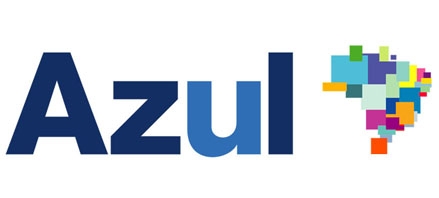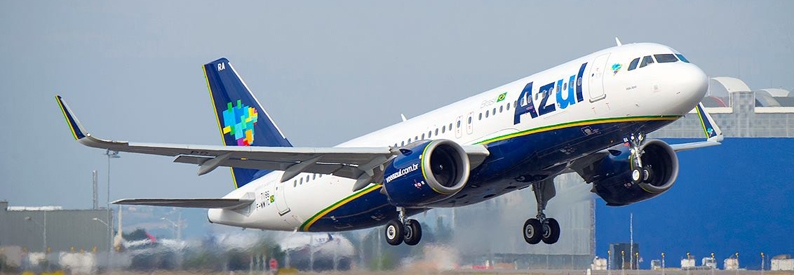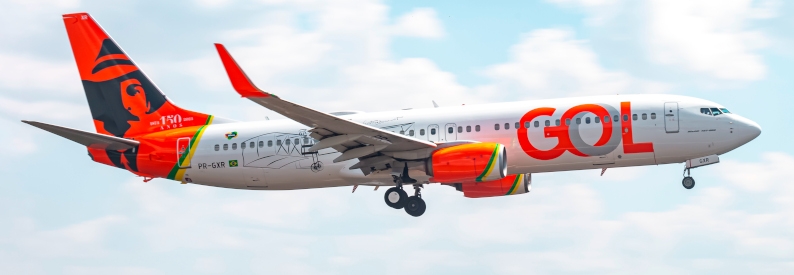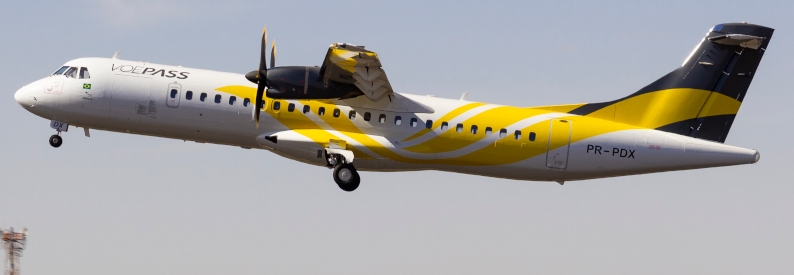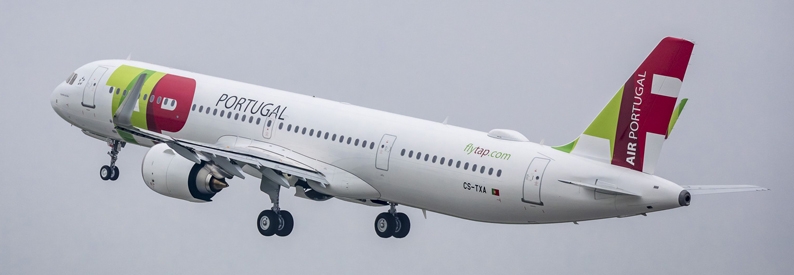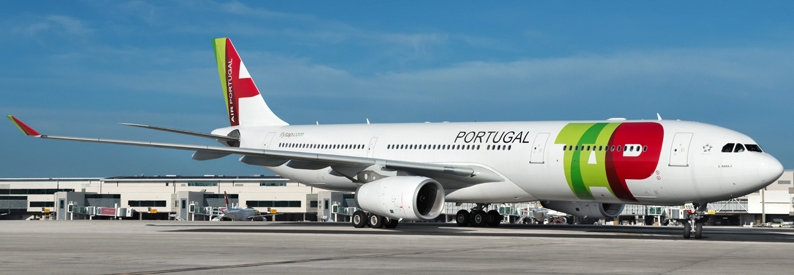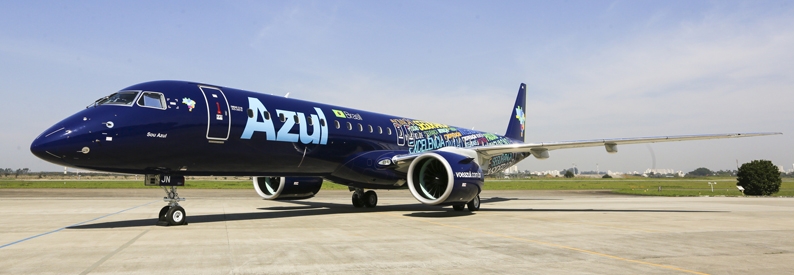Azul Linhas Aéreas Brasileiras (AD, São Paulo Viracopos) has filed a request to the US Bankruptcy Court for the Southern District of New York, seeking approval for around USD1.57 billion financing as part of its Chapter 11 reorganisation.
The financing structure comprises USD250 million already drawn under interim debtor-in-possession loans earlier in the process, USD1.1 billion in final loans, including funds to repay various pre-petition debts, and up to USD221 million in additional loans, contingent on specific conditions.
The Brazilian carrier will allocate these funds for working capital and to refinance existing secured obligations, such as USD676 million in superpriority notes, USD113 million in bridge notes, USD46 million in obligations with lessor AerCap, and USD65 million in convertible debentures.
Azul filed for Chapter 11 bankruptcy protection earlier in the year. Throughout the process, it has negotiated the exit of several ageing aircraft, secured key approvals from the court on its process, and suspended trading in the New York Stock Exchange, among several milestones.
Separately, the Creditor’s Committee has expressed support for the debtor-in-possession financing, after negotiations with Azul, in which it expressed some liquidity concerns, particularly with the airline’s inability to draw much of USD321 million of the remaining USD421 million in DIP loans, and Azul's intention to use about USD900 million to refinance pre-petition secured debt.
Consequently, the committee negotiated securing the right to investigate and potentially challenge pre-petition secured debt transactions, extended its deadline to challenge the lenders from 60 to 75 days, and increased its investigation budget from USD50,000 to USD225,000.
“Considering the debtors’ need for significant liquidity and lack of viable alternative financing sources, the committee believes that obtaining access to the DIP Facility - especially the increased Final Order Amount negotiated by the committee - is in the best interests of the debtors and their stakeholders,” the committee said in its filing.
